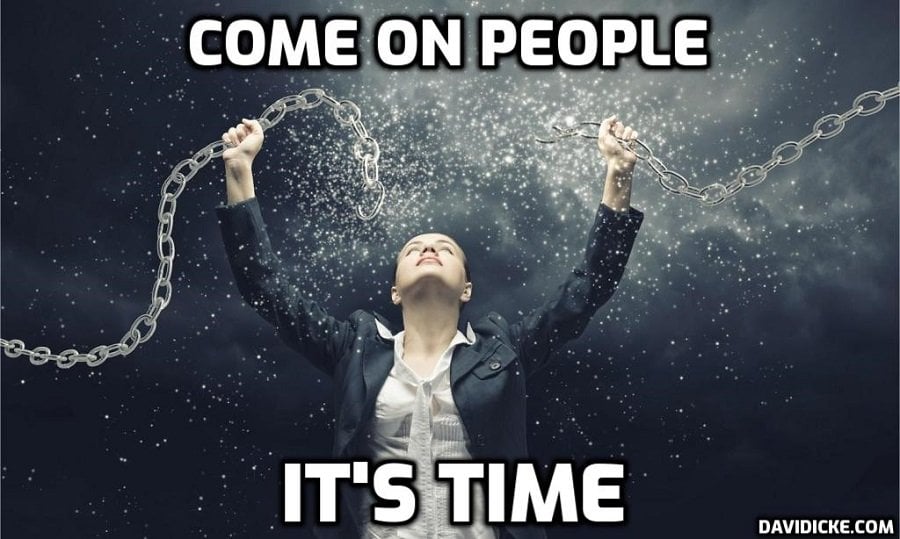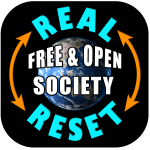[ad_1]

January 2023 marks the third year of global Fear, Uncertainty, and Doubt (FUD). FUD is a propaganda tactic, used in sales, marketing, politics, and cults, appealing to fear to influence perception. In marketing it is used to spread doubt about the quality of a competitor’s product (see e.g., The rhetoric of dread: Fear, uncertainty, and doubt (FUD) in information technology marketing). Often, negative and false information is spread in order to increase market share. An example is Microsoft, using this tactic to push out competitors such as Linux.
FUD first brought about by a crisis in health, cascaded into loss of faith in government, in the people around us and sometimes in ourselves. Three years is too long a time for FUD to be considered a crisis, but when a crisis is not resolved, loss of hope is the outcome. Many people have lost work, friends, health and even their lives as a result.
I wrote two reviews outlining the damage done by the non-pharmaceutical interventions. These articles dealt with the devastating ripple effects in terms of the doubling of hunger since the beginning of the crisis, hundreds of millions losing their jobs, postponed operations, and rising inequalities. At the same time, I did not only want to point out what was going wrong, but also use my knowledge as a behavioral scientist on how to go from a downward to an upward spiral.
An important question thus became: How can we move forward now that Fear, Uncertainty, and Doubt have the potential of becoming endemic? At first the battle was fought over medical and statistical science. Over the virus, tests and vaccines. And though it showed us who was willing to engage in a scientific debate and who was not, it also divided us to the point where we choose sides and think later.
My name is Michaéla Schippers, I’m a professor in behavioural science and performance management in the Netherlands. I came up with several social initiatives; in 2020 and the great citizens movement in 2021, in response to the downward spiral I see and feel. In 2022 I started a third initiative; in which I discuss the psychological underpinnings of Fear, Uncertainty, and Doubt. I engage in conversations with scientists from all over the world who are following their own ikigai (i.e. purpose in life, discussed below), and I think it is good if we use their knowledge to find a constructive way forward. Join us finding your own purpose in life; we move together.
My experiences and journey during the crisis
With the lockdowns starting in The Netherlands in March 2020, for me personally, not much changed in my work at first, except that the lectures I gave were no longer in the hall, but took place online. But I was shocked and I found myself in a kind of survival mode in those first few weeks. As soon as I realized that, I asked myself what was really going on. Why was a lockdown decided and for how would it proceed?
I was alarmed because as a single mother with a four-year-old son in elementary school, I was thrown back on myself. I read a story from a nurse in New York who apparently died of SARS-CoV-2. She was single and her five-year-old child had been with her for two days before he was discovered. It occurred to me that if something happened to me, I couldn’t let my son Mike go to the neighbors because he might infect them. I taught Mike to call the alarm number. Fortunately, he liked it and liked to play along.
Read More – Humanity Must Move Beyond Fear, Uncertainty, and Doubt
[ad_2]
Source link
